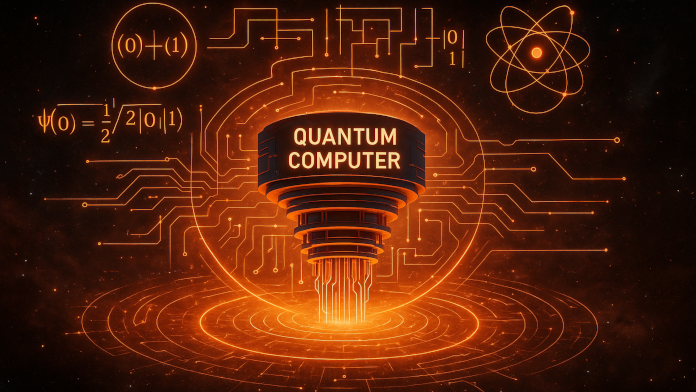
Life sciences and Molecular Systems
The different disciplines in life sciences have among the fastest growing demands concerning compute performance, data storage, and AI/ML support, while they also have a huge overlap with the physics discipline of molecular systems. An overarching topic of this SDL is multi-scale modeling, which requires new approaches to data organization and management. This SDL interacts closely with the SDL Biology at JSC and supports researchers from medicine. It focuses on the development and user support for scalable HPC methods and further supports machine learning for the various user groups and applications.

Nuclear, Particle and Astrophysics
The SDL combines the interplay between physical research from the domain of nuclear, particle, and astrophysics with the development and application of algorithms and software for current and future HPC architectures. The first topical focus will be on QCD applications, which require huge core counts, low latency interconnects and high-bandwidth memory. The computational scientists of this SDL will help to extend the established workshops series on „Lattice Practices“, which is currently organized by DESY/Zeuthen and Jülich, with an emphasis on the use of new hardware architectures to strengthen the community’s ability to make the most efficient use of the allocated computing resources. The second main focus of this SDL will be to assist users from astrophysics to optimize scientific codes such as Whisky or Llama to apply vectorization and GPU accelerators and to include new methods like the CCZ4 formulation.

Quantum Computer Systems
This SDL focuses on the development of software tools, modeling concepts, and solution algorithms that are specific to the various quantum computer technologies. The SDL also supports users in the application of hybrid quantum HPC algorithms and works closely with the Jülich Supercomputing Centre. Furthermore, the SDL serves as a bridge for the transfer from basic research to innovative applications and from knowledge and research to industrial users. In addition, the SDL organizes training events on the topic as well as short stays, annual summer schools, and international workshops in cooperation with the JSC.